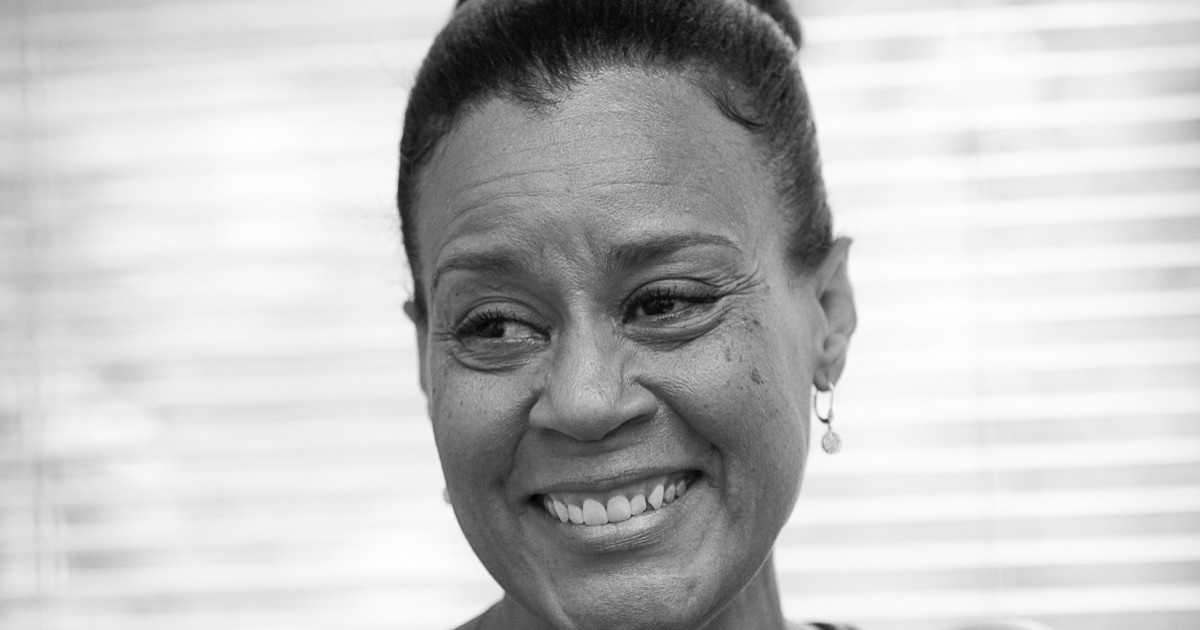Findings to help address the ongoing issue.
Fall is back-to-school season, when parents drop their children off at college campuses across the country. The experience brings a unique mix of parental anticipation and anxiety, as the opportunities of college mingle with the concerns about letting go.
But while parents are understandably anxious about many parts of the college experience, where does alcohol rank? How much do they know about drinking on campus? What are they hearing from college administrators?
The answers to these questions may be critical to their students’ entire academic experience.
“Excessive drinking among college students is still a serious public health problem, and can be an obstacle for students who are trying to succeed both personally and academically,” said Dr. Amelia Arria, Director of the Center on Young Adult Health and Development at the University of Maryland’s School of Public Health
Knowing what parents know – and think — about campus drinking may help administrators in their ongoing addressment of this problem.
This September, the Mary Christie Foundation, the Hazelden Betty Ford Institute for Recovery Advocacy, and The MassINC Polling Group will work together to conduct a national survey of parents of college students about campus alcohol use and prevention policies. We want to understand from parents how much drinking they think is happening on college campuses and how much of a problem they think it is.
Do parents see, for instance, a connection between drinking and academic problems, or negative or dangerous behavior? Do they think the problem is better or worse than when they were at school? We also want to understand how aware parents are of what colleges are doing to address problem drinking on campus. Are they aware, for instance, of the disciplinary code at their child’s school? Have they received communications about alcohol abuse on campus from the administration? Do they think that their child’s school is doing enough to address the problem?
Our hope is that this research into parents’ opinions will complement the impressive body of work on other aspects of campus drinking. We see parental knowledge and opinion as one leg of a stool, alongside research into student behavior and attitudes, and studies on what colleges are doing and how effective their policies seem to be.
The National Institute on Alcohol Abuse and Alcoholism has led efforts to collect data on these second and third legs. Their College Alcohol Intervention Matrix (CollegeAIM) rates 60 different policies aimed at individual students or the campus environment based on factors like effectiveness, ease of implementation, and cost, making it easy for college administrators to see how their current plans stack up and make changes that fit their circumstances and budget.
Of course, every college campus is different, with different cultures and institutions driving alcohol use and prevention. CollegeAIM advises administrators to take those differences into consideration:
“The first step for effective intervention programming is to understand the nature of alcohol-related problems on your campus and answer the question, ‘What do we need to focus on now?’ Consider how alcohol problems manifest themselves at your school. What do they look like?
For example, are there problems with your Greek system? In your first-year residence halls? In off-campus student housing? Are there issues related to retail establishments in your neighborhood? Are there fights and vandalism at your school’s athletic events? Do most problems occur at certain times of day or on certain days of the week? In short, what are the times, places, and subgroups that give rise to alcohol-related harm?”
The same goes for parents. Are they aware of the culture of drinking on their students’ campuses, and how it might differ from other schools? Was that something they considered when deciding on a school? Do they wish they had? How do the expectations of parents at, say, a large state school with an active Greek system differ from those sending their kids to small liberal arts colleges? And, perhaps most importantly, do those expectations align with the reality of alcohol use and abuse on those respective campuses?
We are currently working with the staff from the Mary Christie Foundation to create survey questions, which we will then distribute to a national sample of parents of college students. We hope to have results to report in time for the next edition of the Mary Christie Quarterly. We look forward to sharing what we find.
Steve Koczela is is the President of The MassINC Polling Group. His writing and analysis appears at WBUR, NHPR, CommonWealth Magazine, and elsewhere.
Rich Parr is Research Director with The MassINC Polling Group and runs MPG’s office in Western Massachusetts. He co-authors pieces for WBUR, NHPR, and CommonWealth magazine.



